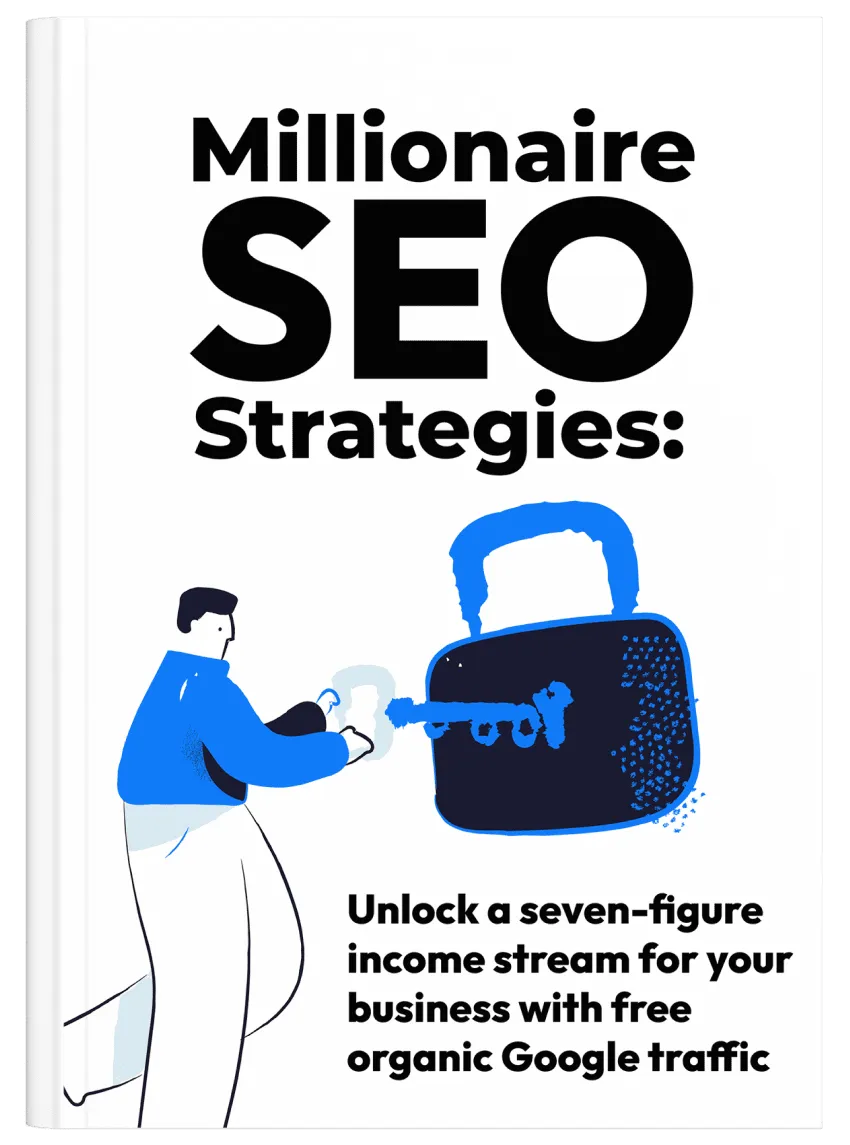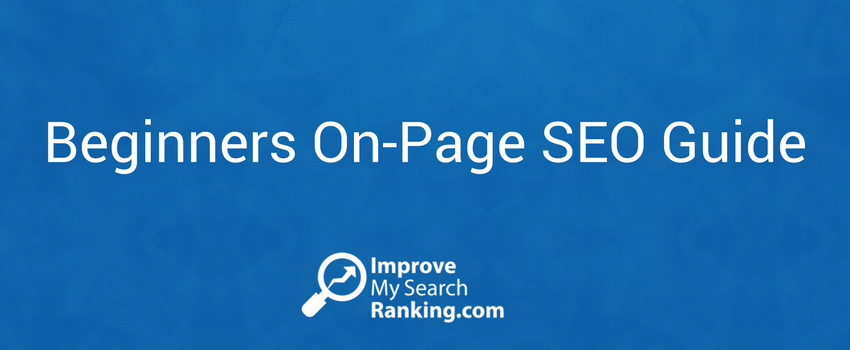
4 Ideas to Improve Your Google AdWords Performance
Google AdWords is an important part of any digital marketing strategy. It helps you drive targeted traffic to your website and, as you know, you cannot succeed in an online business unless you have a reasonable amount of traffic.
Google AdWords helps you get there.
With Google AdWords, you can acquire the top spots in the search engine results pages. Despite the numerous benefits that Google AdWords offers, however, there are some common reasons why so many advertisers fail at Google AdWords.
PPC optimisation is a tricky subject, and it can be difficult to understand.
Therefore, to make things easier, in this article we discuss four ideas that will help you improve your Google AdWords performance and enable you to buy top search engine positions at the least cost possible.
1. Negative Keywords
Keywords are the driving force in Google AdWords.
However, most advertisers solely focus on the keywords they want to rank for and need to include in their campaigns and ad groups. Unfortunately, they do not pay any attention to negative keywords — keywords for which their ads should not appear in the SERPs.
Negative keywords are extremely important as they help you minimize the cost of AdWords campaigns.
For example, you might want to show in the SERPs for certain competitor keywords — while not for others. Similarly, you might not be dealing in a few products that your competitors might. It is important to add all such keywords to the negative keyword list because showing up for these results will only cost you money without contributing anything to the conversions column.
If you have an employee login, it’s also a good idea to include “employee login” related keywords into the negative keywords lists. It will ensure that your employees are not clicking on an ad to reach the login page and costing you unnecessary money.
Lastly, if you are selling products, it won’t do you any good if your ads are appearing for search queries that have the word ‘free’.
2. GDN Negative Keywords
It is a common practice to not include negative keywords for Google Display Network ads. However, we suggest otherwise. You need to be creative and add important negative keywords to stop Google displaying your ads on webpages that might do more harm than good.
To understand the impact of negative keywords on the Google Display Network (or GDN), first, understand how it works.
For GDN campaigns, your ads appear on web pages that are relevant to your topic and/or targeting your ideal prospect. Adding negative keywords to GDN campaigns will basically tell Google not to display your ads on pages that have the keywords you specify.
Doing that in certain scenarios is important.
For example, let’s assume you deal with a specific model of a car. If there is a news article about a major problem in that model, you do not want to display your ad on that page.
You can achieve that with GDN negative keywords and the right strategy.
3. Multiple Ads
Google recommends that you should always try multiple ads in each ad group to find the best performing one. We suggest the same.
Although there are different schools of thought on how many ads you should try in each ad group, it ultimately depends on you, your audience, and the results you want to achieve.
Ideally, you should at least have 2-3 ads in each ad group. Google suggests that you should have around 3-4 ads with different messaging and let them battle each other. In the end, the best performing ads should be allowed to continue while you test it against some new variations.
4. Have Clear KPIs
How do you determine which ad is performing the best?
Is it conversions you want? Is it clicks? Is it the click-through rate?
Different businesses may have different objectives. You need to decide what is important to you in a given period of time.
To do that, however, you need to have clearly defined KPIs (Key Performance Indicators). For example, what is it that you want: a high CTR, conversion rate, or the lowest cost per conversion?
It depends on you.
Choose a metric and then judge everything by it to have a clear picture of what you are achieving and where you need to improve.
Final Words
People are never going to stop searching. You will always have opportunities to grab a bigger share of search queries, provided if you are optimising your ads in the best possible manner.
Apart from these tips, you should also focus on geotargeting, making sure that conversions are attributed and recorded properly, and that you are working within a budget limit — because it is easy to get lost into Google AdWords and spend thousands of dollars.
If you have any questions or need our help, feel free to reach out.








